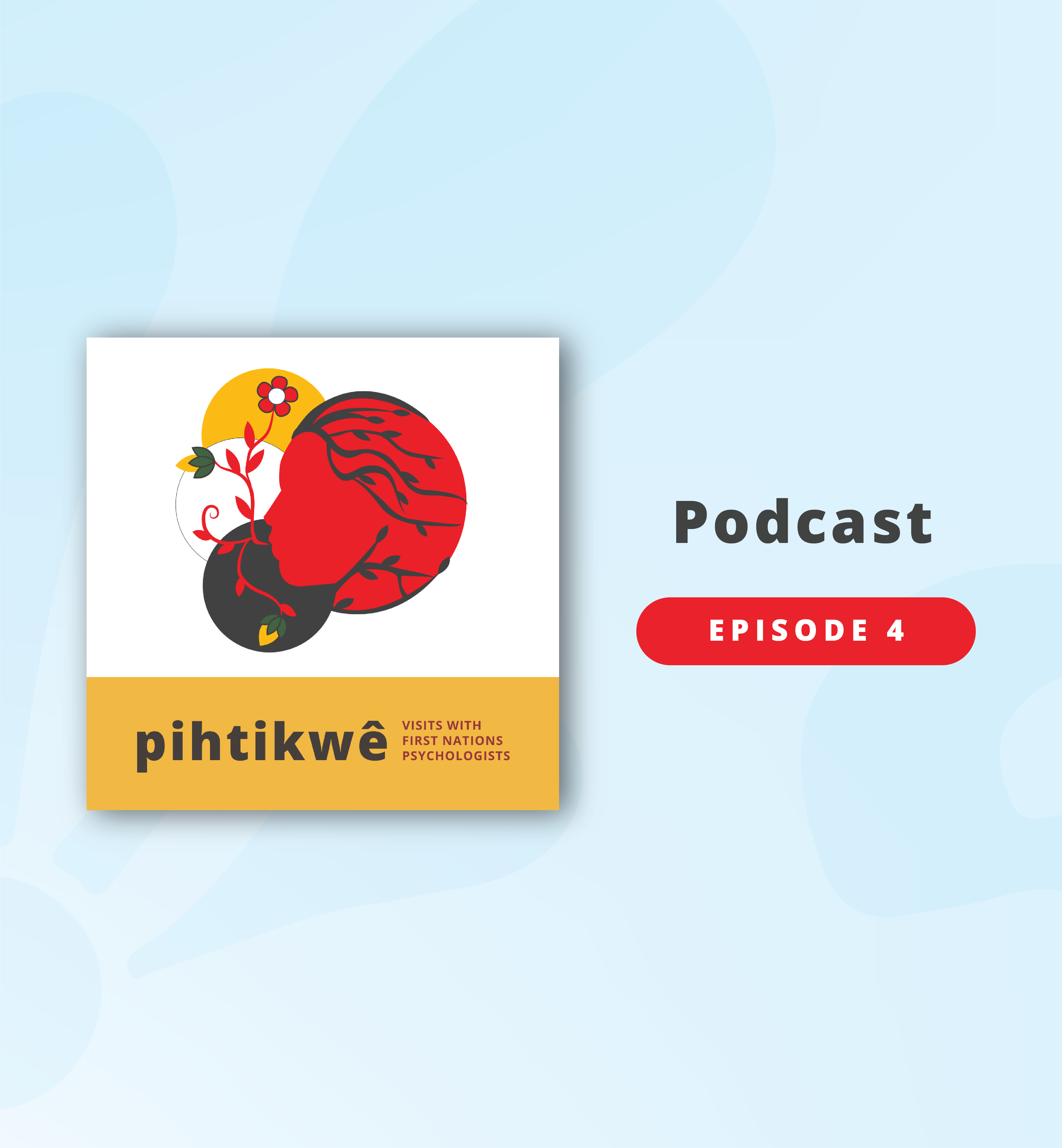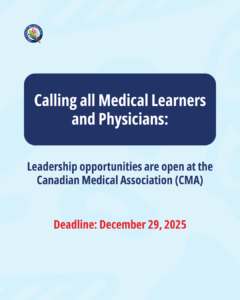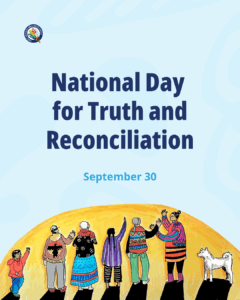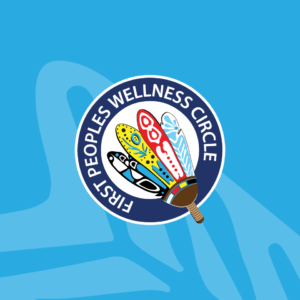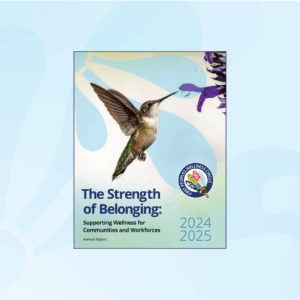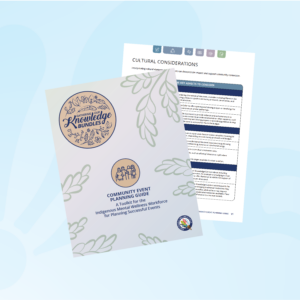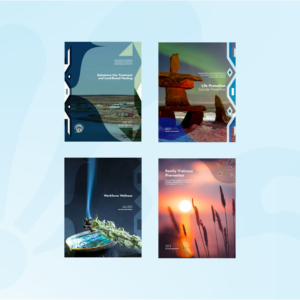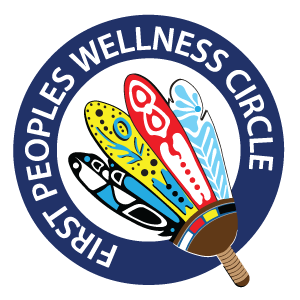We’re thrilled to have Dr. Rod McCormick as our guest on episode 4 of pihtikwê – Visits with First Nations Psychologists for a lively and fascinating conversation on reclaiming Indigenous Health with our host, Dr Alanaise Ferguson. Rod is a Senior Professor and BC Government endowed Research Chair in Indigenous Health at Thompson Rivers University and a proud member of the Kanienkehaka Mohawk First Nation. Before moving to his partner’s home community of TK’emlups te Secwepemc, Rod was a psychologist and counseling psychology professor at the University of British Columbia for eighteen years. For the past 15 years he has been engaged in Indigenous health research capacity building and in Indigenous health research advocacy at the provincial and national levels. In addition, he ran the BC Aboriginal Capacity and Developmental Research Environments (ACADRE), the Network Environment for Aboriginal Health Research (NEAHRBCYT), and Kloshe Tillicum for over ten years. In regard to advocacy work, he is the co-founder/leader of the National Aboriginal Health Research Steering Committee: Kawatsire. He is currently developing a new centre at Thompson Rivers University called “All my Relations”, which will be a national Indigenous family and community health research and training centre to identify research and further develop as well as implement best practices in Indigenous family and community health and healing.
Dr. Alanaise Ferguson is a member of the Sandy Bay Ojibway First Nation and a Registered Psychologist in the Province of BC. She holds an academic appointment at the University of British Columbia Okanagan in Syilx Territory. She has trained and clinically supervised hundreds of Counseling Psychology students over the past 9 years in her academic roles at Simon Fraser University and the University of British Columbia.
The purpose of our podcast series is to mobilize and share Indigenous Knowledge related to trauma repair, recovery from addictions, community survivance, and care across Indigenous communities in Canada.
Our goal is to provide listeners with access to conversations about the lived experiences of First Nations psychologists and leaders in the mental wellness field. We will discuss how that relates to challenges and successes in navigating and working within systems of care, as well as strength-based and cultural approaches to healing for Indigenous people.
THE PODCAST EPISODES WILL DISCUSS TOPICS RELATED TO:
- Strength-based approaches to care
- Challenges and successes in the field
- Personal perspectives and experiences; and
- Analysis of the systems of care

